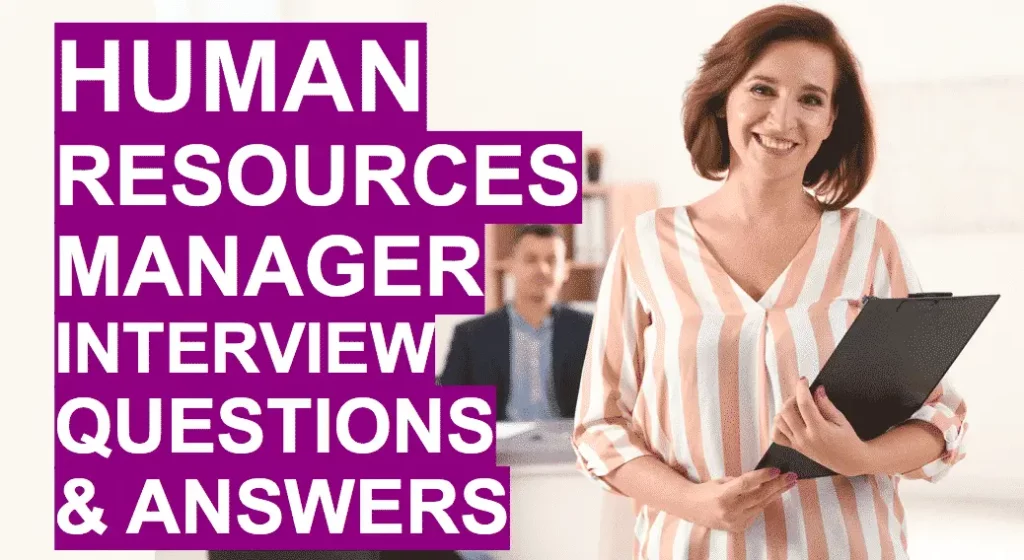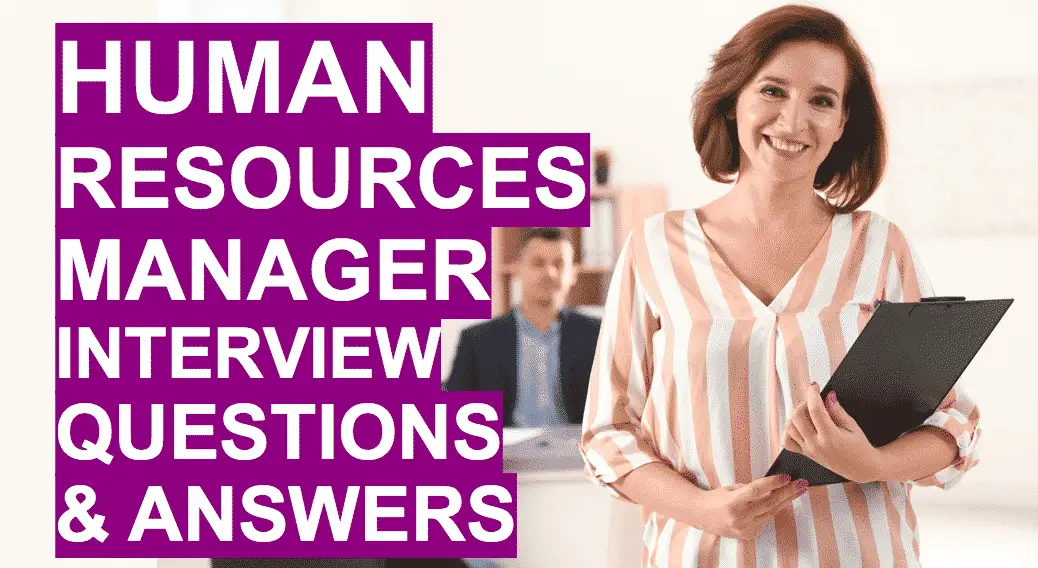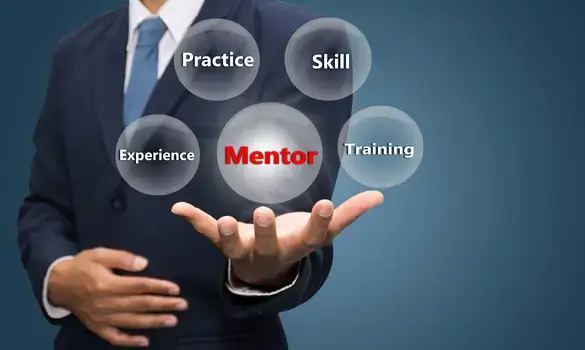How to Conduct a Successful Job Interview


As a small business owner, one of the most crucial aspects of running a successful enterprise is hiring the right team. The job interview process is your opportunity to find the perfect fit for your organization. This comprehensive guide will walk you through the steps to conduct a successful job interview, covering everything from preparation and questioning techniques to making the final decision. With the right strategy, you can effectively identify and onboard top talent for your small business.
Preparing for the Interview
- Understand the Job Requirements: Before you can successfully interview candidates, it’s essential to have a clear understanding of the role’s requirements. Develop a detailed job description that outlines the necessary skills, qualifications, and experience, as well as the responsibilities and expectations associated with the position. This will help you assess each candidate’s suitability and ensure you’re asking the right questions during the interview.
- Review Candidate Resumes: Take the time to thoroughly review each candidate’s resume and cover letter, making note of their qualifications, relevant experience, and any potential red flags. This will not only help you tailor your questions to each applicant but also give you a better understanding of their background and career trajectory.
- Prepare Your Questions: Create a list of open-ended, behavioral, and situational questions designed to assess the candidate’s skills, experience, and cultural fit. These types of questions encourage candidates to share specific examples from their past experiences, providing valuable insight into their problem-solving abilities and decision-making processes.
Conducting the Interview
- Set the Stag: Begin the interview by setting a welcoming atmosphere. Greet the candidate warmly, introduce yourself and your role within the company, and offer a brief overview of the interview’s format. This will help put the candidate at ease and set the tone for a productive conversation.
- Ask Purposeful Questions: Use the questions you prepared earlier to guide the interview. Remember to balance your inquiry between assessing the candidate’s technical skills, soft skills, and cultural fit. Be mindful of your body language and maintain a friendly, professional demeanor throughout the conversation.
- Listen Actively: As the candidate responds to your questions, practice active listening. This means giving your full attention, asking clarifying questions when needed, and taking notes on their responses. Active listening helps you accurately evaluate the candidate’s responses and demonstrates your genuine interest in their thoughts and experiences.
Wrapping Up the Interview
- Ask the Candidate for Questions: Towards the end of the interview, invite the candidate to ask any questions they might have about the role, company, or hiring process. This provides valuable insight into their priorities and concerns, and can help you gauge their overall interest in the position.
- Discuss Next Steps: Before concluding the interview, explain the next steps in the hiring process, including any potential follow-up interviews, reference checks, or assessments. Be sure to provide a clear timeline for when they can expect to hear from you.
- Thank the Candidate: Thank the candidate for their time and participation, and reiterate your appreciation for their interest in the position. This leaves a positive impression and maintains a professional atmosphere.
Making the Decision
Evaluate Candidate Responses: After the interview, review your notes and evaluate the candidate’s responses against the job requirements, considering their skills, experience, and cultural fit. Assess their potential to contribute to your team and the overall success of your small business.
Check References: Before making a final decision, contact the candidate’s professional references to gather additional information about their past performance, work ethic, and interpersonal skills. This can help you validate your impressions from the interview and ensure you’re making an informed decision.
Compare and Rank Candidates: After evaluating each candidate and gathering reference feedback, compare and rank them based on their qualifications and overall fit for the role. Consider how each candidate’s skills and experience align with the job requirements, as well as their potential to grow within your company.
Make the Offer: Once you’ve identified the top candidate for the position, prepare a job offer that includes details about the role, compensation, benefits, and any other relevant terms of employment. Be prepared to negotiate if needed, and remember that a competitive offer can help secure the best talent for your small business.
Conclusion
Conducting successful job interviews is an essential skill for small business owners seeking to build a talented and dedicated team. By understanding the job requirements, thoroughly reviewing candidate materials, preparing thoughtful questions, actively listening during the interview, and carefully evaluating each candidate’s suitability, you can ensure that you’re making informed hiring decisions that will contribute to the long-term success of your company. By following this comprehensive guide, you’ll be well on your way to conducting job interviews that lead to exceptional hires and a stronger, more successful small business.





Responses